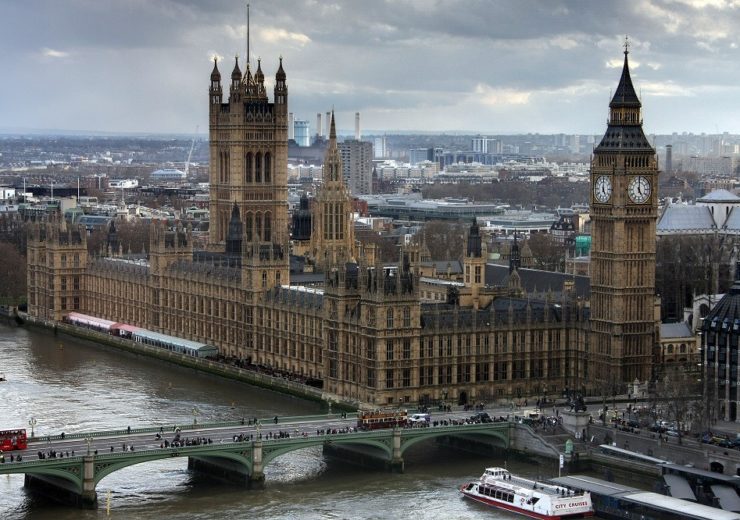The proposed Environment Bill has been put forward in order to give the government's 25 Year Environment Plan a strong statutory footing

The proposed Environment Bill is set to be introduced to parliament today (Credit: Pixabay)
The introduction of a deposit return scheme (DRS) and the increase of extended producer responsibility (EPR) are among proposals put forward in the UK government’s newly published Environment Bill.
Introduced to Parliament today, the legislation is designed to “tackle the biggest environmental priorities of our time, signalling a historic step change in the way we protect and enhance our precious natural environment.”
It will create legally-binding environmental targets and establish the independent Office for Environmental Protection to scrutinise policy and law, with the power to investigate complaints and take enforcement against public authorities.
The bill was featured as part of the Queen’s Speech, which highlights the government’s priorities for the forthcoming session.
Environment Secretary Theresa Villiers said: “Our natural environment is a vital shared resource and the need to act to secure it for generations to come is clear.
“That’s why our landmark Environment Bill leads a green transformation that will help our country to thrive.
“It positions the UK as a world leader on improving air quality, environmental biodiversity, a more circular economy, and managing our precious water resources in a changing climate.
“Crucially, it also ensures that after Brexit, environmental ambition and accountability are placed more clearly than ever before at the heart of government, both now and in the future.”
From waste crime to extended producer responsibility: What are the proposed solutions in the Environment Bill?
This bill places the department’s 25 Year Environment Plan onto a statutory footing, going beyond the government commitments outlined earlier this year, which included a pledge to introduce a deposit return scheme and extended producer responsibility.
Additions to the bill include powers for authorities to introduce new charges to minimise the use and impact of single-use plastics.
It also aims to crack down on litter, alongside tackling organised gangs who profit from waste crime.

As well as this, the bill will introduce measures to extend responsibility for waste disposal to those who produce it, reducing waste in the long term as well as creating incentives for the reuse of material, and moving towards a more circular economy
Environmental principles must be at the heart of UK business, says charity director
During the development of its policies, the UK government conducted a range of consultations with the business and the not-for-profit sectors, investigating how better to development waste management policy.
Gudrun Cartwright, environment director at charity Business in the Community, believes tackling climate and ecological breakdown needs to a key component of how UK companies operate.
He said: “The government’s commitment to enshrine environmental principles in law to protect and improve the environment for future generations puts critical issues such as air and water quality and plastic pollution at the heart of the collective efforts needed to tackle climate and ecological breakdown.

“But the government cannot solve this problem alone, tackling climate and ecological breakdown needs to be at the heart of UK plc’s strategy, if we are to avoid the existential threat we face.
“We urge businesses to be much more ambitious by joining the dots between environmental, social and economic challenges and drive the change we need to see to create a prosperous, one planet economy.
“We only have two or three business planning cycles before our 10-year deadline to limit climate change catastrophe.”
